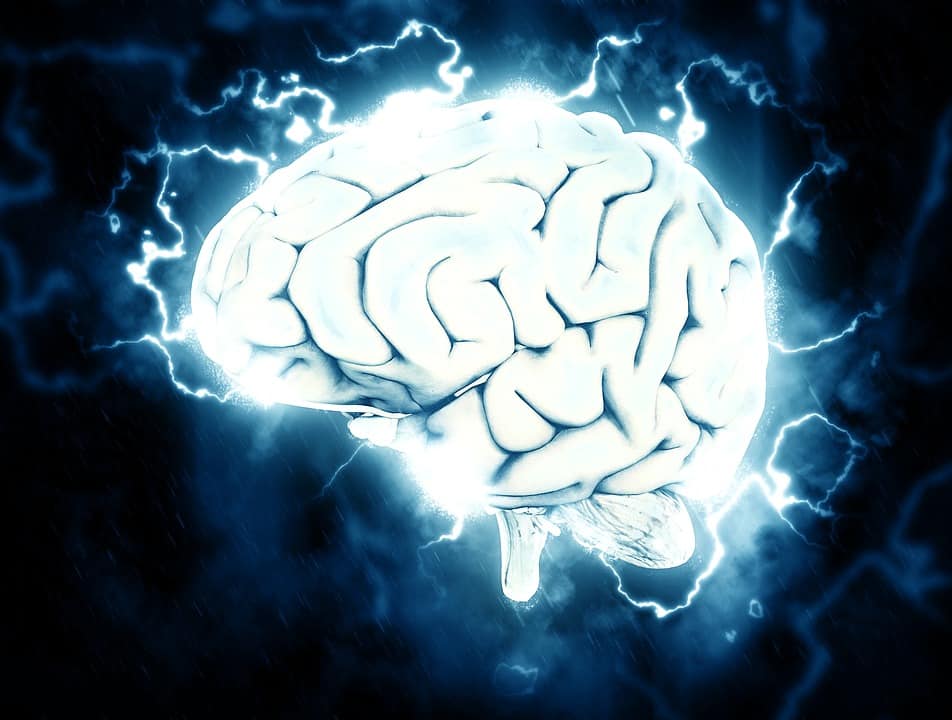
New study challenges link between stress and migraines
pharmafile | January 25, 2021 | News story | Sales and Marketing | Curelator, migraine
Digital health platform Curelator has announced new data that shows a lack of association between increased stress and migraine attacks.
Published in the January issue of the Headache, The Journal of Head and Face Pain medical publication, the results highlight the need for personalised phenotypic analysis and treatment plans in migraine.
The study concludes that only 7.1% of patients had a majority of their attacks associated with increased levels of perceived stress. Most individuals, 61.5%, had more than 50% of their attacks preceded by flat stress levels. Only 3.4% of people had half of their attacks following decreasing levels of stress. The remaining portion of individuals, 28%, had a variable mixture of increasing, flat, or decreasing levels of stress preceding their attacks.
In addition, in all individuals, only 24% of migraine attacks were preceded by increased levels of perceived stress. In contrast, patients had either flat or even decreasing levels of perceived stress preceding 76% of migraine attacks.
The international study, conducted by Curelator in collaboration with the University of Calgary, is the largest to date to examine the relationship between perceived stress and migraine: the study observed 351 participants, and had a duration of three months. During the course of the study, participants had a total of 2,115 migraine attacks, each of which were analysed with respect to the individual’s daily stress levels before, during, and after the attack.
Compared with traditional clinical studies, Curelator’s specifically examined individual patterns, not just aggregate patterns, in relation to how perceived stress changes in relation to the onset of pain of migraine attacks. Results showed a surprisingly high amount of variability between individuals and even within the same person.
Dr Serena Orr, senior author of the study and Headache Specialist, Paediatric Neurologist, and Researcher at the Cumming School of Medicine, University of Calgary, said: “These findings strongly suggest that, for the vast majority of patients, the role of perceived stress in triggering migraine attacks is less important than previously hypothesised. This contradicts the previous belief that increases in stress consistently trigger migraine attacks, because we found that this relationship is rather uncommon.”
Dr Richard Lipton, Edwin S. Lowe Professor and Vice Chair of Neurology and Director of Montefiore Headache Center at Albert Einstein College of Medicine, said: “The N of 1 methodology used in this study applies the approach of personalised medicine to help individuals understand their headache patterns.
“There is tremendous variation from person to person in their trigger factors. The typical approach of assessing population averages generates results that are difficult for individuals to apply. If red wine triggers your headaches but not mine, there is no need for me to avoid it.”
Darcy Jimenez
Related Content

NICE recommends migraine treatment for NHS use
The National Institute for Health and Care Excellence (NICE) has shared draft guidance recommending AbbVie’s …

American Heart Association awards $2.1m to research link between migraine, strokes and CVD
The American Heart Association has announced that it will fund seven new scientific research studies …

NICE recommends Pfizer’s rimegepant for preventing episodic migraine attacks
The National Institute for Health and Care Excellence (NICE) has announced that it has recommended …








